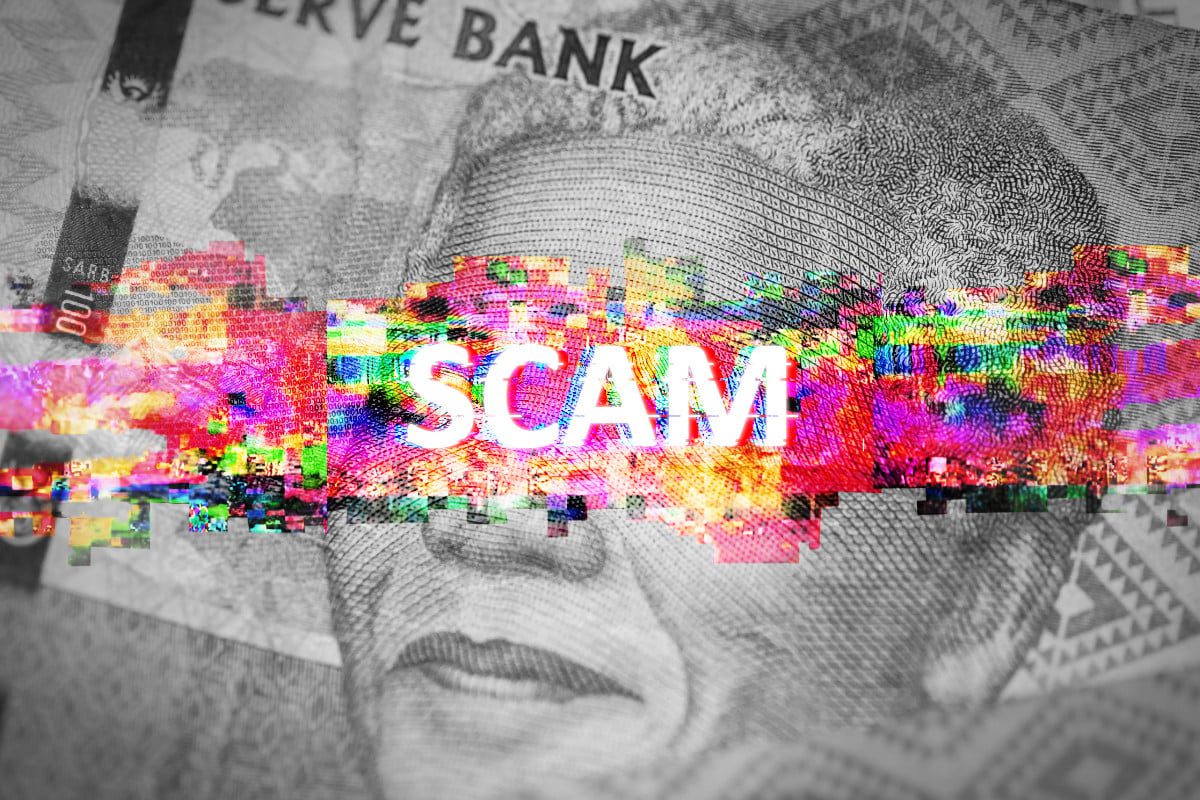Global Courant 2023-04-15 14:00:20
Global cybersecurity firm Kaspersky has seen a 40% increase in phishing scams related to cryptocurrency.
According to the group, it has prevented 5 million crypto-related phishing attacks over the course of 2022. This happened while there was a notable decline in the detection of traditional financial threats such as banking and mobile financial malware.
Kaspersky said cybercriminals in the financial landscape have shifted their focus to new areas, including the crypto industry.
Cryptocurrencies are still largely seen as a get-rich-quick way with minimal effort – opening the floodgates for scammers to take advantage of vulnerable victims.
“This surge in crypto phishing can be partly explained by the havoc that wreaked havoc on the crypto market last year. It is still unclear whether the trend will continue; this depends on the trust users place in cryptocurrency,” the company said.
Kaspersky said that while some traditional cyber tricks are used, such as fraudulent giveaway scams or fake wallet phishing pages, a recent scam uncovered by the company is unique.
In the latest scam, a user receives a PDF file in English in the mail stating that they have allegedly registered on a crypto cloud mining platform a long time ago and urgently need to withdraw their assets because the account is inactive.
The email contains a link to a fake mining platform that requires the user to enter personal information, including card and account numbers. The user is also urged to pay a commission through a crypto wallet or directly to the specified wallet.
“The file contains a link to a fake mining platform. To withdraw from the crypt, the user must fill out a form with personal information, including the card or account number, and pay a commission, in this case through a crypto wallet or directly to the wallet address provided.
On October 20, 2022, crypto assets were officially listed as financial products in South Africa, making it easier for regulators to monitor and protect customers.
This move by the government aimed to formalize the trading venues and bring the industry to the forefront of South African law. According to a global study by CoinJournal, South Africa ranks 10th in the world in the number of crypto startups, investment companies involved in crypto, and estimated realized profits.
CoinJournal found that most South African cryptocurrency owners are between the ages of 18 and 44 – 46% of them own more than R10,000 worth of crypto assets and 12% more than R100,000.
To best protect someone’s digital assets, Kaspersky recommends the following:
Beware of phishing scams: Scammers often use phishing emails or bogus websites to trick people into revealing their login credentials or private keys. Always check the URL of the website and do not click on suspicious links. Do not share your private keys: your private keys unlock your cryptocurrency wallet. Keep them private and never share them with anyone. Educate yourself: stay up to date with the latest cyber threats and best practices to keep your cryptocurrency safe. The more you know about protecting yourself, the better equipped you are to prevent cyber-attacks. Research Before Investing: Before investing in any cryptocurrency, thoroughly research the project and the team behind it. Check the project’s website, white paper, and social media channels to make sure the project is legit. Use security solutions: A reliable security solution will prevent all known and unknown cryptocurrency fraud, as well as unauthorized use of your computer’s processing power to mine cryptocurrency.
Read: A skill that South Africa desperately needs








